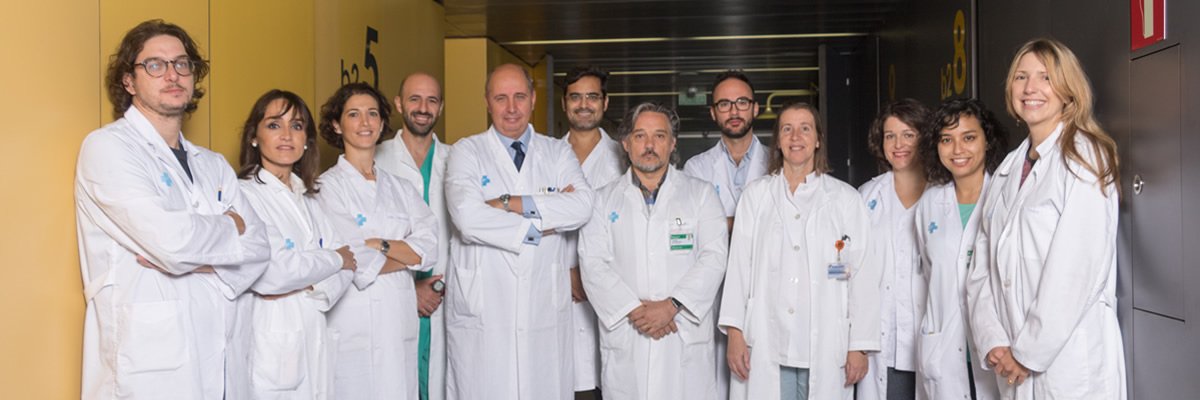Clinical & Experimental Surgery group (CESurG)

Five nodes are defined, corresponding to their lines of research:
- Abdominal Wall
- The abdominal wall line, led by Dr. Villalobos, is dedicated to the study of the biomechanics of the abdominal wall in order to understand the physical, anthropometric and histopathological factors that intervene during abdominal wall closure. He has a patent, currently in the prototype phase. He is also working on the design of experimental porcine models of abdominal wall defects to improve surgical techniques for abdominal wall repair: new materials (non-biological glues, new devices), and new anatomical routes to improve clinical outcomes.
- Digestive surgery
- The digestive surgery node, led by Dr. Olsina, is working on the design of simulated porcine models to study the prevention and resolution of internal surgical dehiscences during digestive surgeries, in order to improve their safety. They also participate in different multicentre clinical trials, especially in epatobiliopancreatic surgery to improve clinical outcomes.
- The digestive surgery node, led by Dr. Olsina, is working on the design of simulated porcine models to study the prevention and resolution of internal surgical dehiscences during digestive surgeries, in order to improve their safety. They also participate in different multicentre clinical trials, especially in epatobiliopancreatic surgery to improve clinical outcomes.
- Endocrine surgery
- The endocrine surgery node is focused on the study of obesity surgery and its impact on the health of obese patients, collaborating in an interdisciplinary manner with other research groups.
- The endocrine surgery node is focused on the study of obesity surgery and its impact on the health of obese patients, collaborating in an interdisciplinary manner with other research groups.
- Thoracic Surgery
- The thoracic surgery node is working on the design of a simulated porcine model of lung transplantation.
- The thoracic surgery node is working on the design of a simulated porcine model of lung transplantation.
- Training
- The postgraduate teaching node contributes to the improvement and updating of the training of professionals in health and animal sciences, using hybrid simulation for training in diagnostic and therapeutic techniques.






